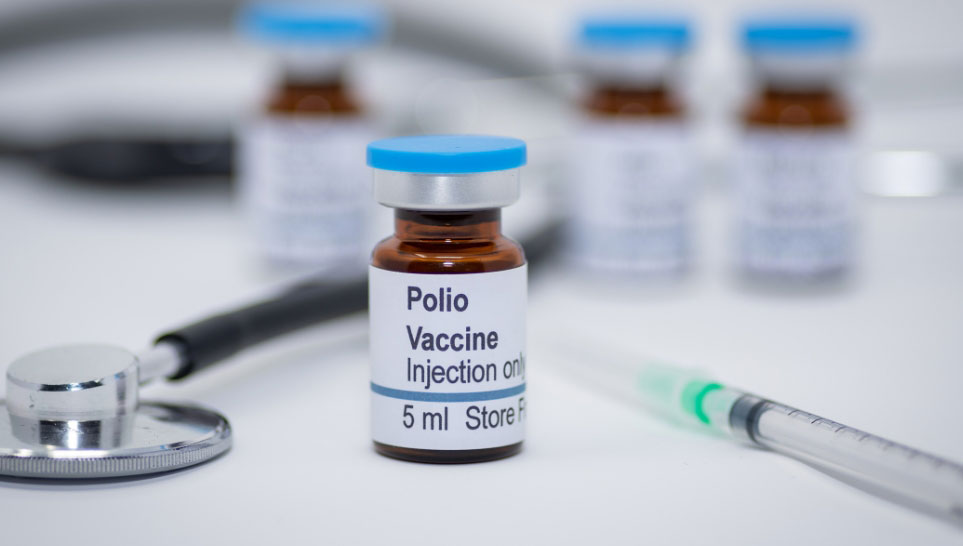
Rheumatoid Arthritis is an autoimmune disease that occurs when the body’s immune system mistakenly attacks its tissue and causes swelling, tenderness, inflammation, and pain in the joints. The disease can attack several joints simultaneously, showing symptoms in different areas in the body.
Inflammation in the joints attacks the joints’ lining (synovium) and irreparably damages the joint tissue, causing discomfort, swelling, pain, and stiffness. The pain in the joints is chronic and an issue that most patients will have to deal with for the rest of their lives.
Cause of Rheumatoid Arthritis
Rheumatoid arthritis is an immune response where the immune system mistakenly attacks its healthy cells. The cause of this immune response remains unknown, but a variety of high-risk factors for developing the condition are present in most patients, such as:
- Age – as we get older, the likeliness of developing the disease grows
- Sex – women are two to three times more likely to develop the condition than men
- Genetics – those with family members and ancestors with the disease are more likely to develop it.
- Smoking – increases the chances of developing the condition and can worsen the symptoms in those who already have it.
- Obesity – the more obese a person is, the higher the risk
Besides the common symptoms of rheumatoid arthritis, patients can develop many complications because of it, including:
- Osteoporosis
- Rheumatoid nodules
- Dryness in the mouth and eyes
- Obesity and unfavorable BMI composition
- Heart conditions
- Inflammation and scarring of the lung tissue
- Cancer, including lymphoma
Do Vaccines Cause Rheumatoid Arthritis?
While there is no scientific evidence supporting the claim that vaccines cause rheumatoid arthritis, there are numerous cases reported to the Vaccine Adverse Event Reporting System (VAERS) where patients receiving a vaccine developed rheumatoid arthritis symptoms or flare-ups.
The National Vaccine Injury Compensation Program recognizes rheumatoid arthritis as one of the conditions triggered by vaccines. Those who develop rheumatoid arthritis after vaccination might be eligible for compensation from the federal government.
The vaccines most frequently associated with rheumatoid arthritis are:
- Hepatitis B vaccine, especially in women
- Influenza (flu) vaccine
- Live rubella vaccine
Symptoms
The most apparent symptoms of rheumatoid arthritis are, but not limited to:
- Swelling and tenderness in the joints, caused by inflammation of the synovium
- The joints’ tendency to get stiff after the patient spends some time being still (sleeping, sitting, etc.)
- Lack of appetite, fatigue and weakness, fever and inflammation
Since rheumatoid arthritis is a degenerative condition that worsens with time, the early symptoms seem mild but worsen progressively. The first signs of joint pain and swelling appear in the small joints, like fingers and toes.
Additionally, nearly half (about 40%) of patients with rheumatoid arthritis also have other tissue outside their joints affected by the condition, like the heart, lungs, eyes, skin, kidneys, bone marrow, nerve endings, blood vessels, and salivary glands.
Treatment
As of now, there is no cure for rheumatoid arthritis. Rheumatoid arthritis is a degenerative condition, which worsens as time progresses. Yet, with the help of disease-modifying antirheumatic drugs (DMARD), the symptoms are manageable, and most of the patients live with rheumatoid arthritis for a long time.
As the disease progresses, it is essential to dedicate some time to activities that will improve your quality of life:
- Staying active and improving overall fitness levels is an excellent detriment for other chronic diseases.
- Use a professional physiotherapist’s service to help you understand what forms of exercise and activity are right for you and which could cause your rheumatoid arthritis to flare up and cause further complications.
- Manage your weight and lower your body’s stress on the joints affected by rheumatoid arthritis.
- Improvement in diet and lifestyle carries additional benefits as well. Quitting smoking is an excellent way of improving your overall health and softening the symptoms of rheumatoid arthritis.
The goals of treatment for rheumatoid arthritis are to reduce pain, decrease inflammation, and improve the overall function of the joints. Pain medications, NSAIDs, and steroids are frequently used to help with symptoms.
FAQ
What causes rheumatoid arthritis?
Rheumatoid arthritis is an autoimmune disease that occurs when the immune system attacks the synovium (lining of the joints).
What are the common symptoms of rheumatoid arthritis?
The symptoms include swollen and painful joints, joint stiffness after long periods of inactivity, fatigue, inflammation, and low appetite. In around 40% of cases, other tissue in the body, besides the synovium, are affected by rheumatoid arthritis.
What types of treatment are available?
The primary treatment for managing symptoms of rheumatoid arthritis are DMARD, antirheumatic drugs. While there is no cure, the symptoms are manageable. Your quality of life can improve with plenty of physical activity, improved overall health, and diet.
If you or your loved ones notice early rheumatoid arthritis symptoms, it is essential to see your doctor for a check-up. You will receive a diagnosis and a treatment plan that will help you manage the symptoms of the disease.
Rheumatoid arthritis is one of the conditions associated with vaccine injury by the National Vaccine Injury Compensation Program. Those who develop the disease as a side-effect or immune response to a vaccine might be eligible for compensation. Applying for and claiming compensation is a complex and labor-intensive job that requires professional assistance.
Contact our team of legal professionals at Sadaka Associates and let us help you determine if you are eligible for compensation. We have plenty of experience in litigation and procedures related to vaccine injuries, and we can offer legal advice. Book a consultation with a member of our team today, and we will go through all of your options for moving forward.
CHRONIC ARTHRITIS AFTER MMR AND TDAP VACCINES
$225,000 settlement for adult female who suffered from rubella-induced chronic arthritis and Wegener’s granulomatosis after receiving MMR and Tdap vaccines.
MULTIPLE INJURIES AFTER FLU VACCINE
$20,694.99 settlement for a 31 year old woman from Nevada who developed bilateral upper extremity swelling, paresthesias, and arthritis as a result of the influenza vaccine.
ARTHRITIS AND WEGENER’S GRANULOMATOSIS AFTER MMR AND TDAP VACCINES
$225,000.00 settlement for a woman from North Carolina who developed rubella-induced chronic arthritis and Wegener’s granulomatosis as a result of receiving a measles-mumps-rubella or MMR vaccine and tetanus-diphtheria-acellular pertussis or Tdap vaccine.
MULTIPLE INJURIES AFTER HPV VACCINE
$25,000.00 settlement for a 25 year old woman from Maryland who developed “polyarthritis, polyarthralgia pain syndrome, seronegative rheumatoid arthritis, hip impingement syndrome, acetabular labrum tear, and snapping hip syndrome” as a result of receiving the HPV vaccination.





